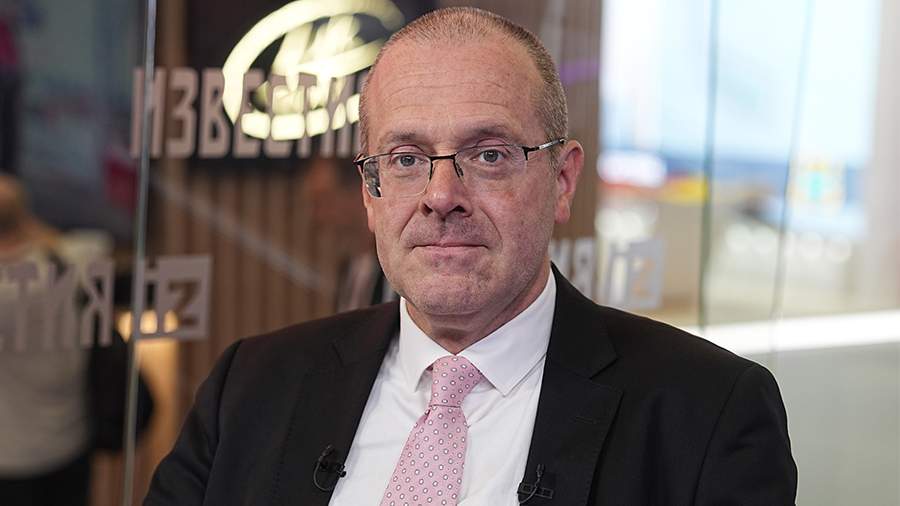The head of the WHO bureau spoke about the organization's work with the Russian Federation in the context of sanctions
- Новости
- World
- The head of the WHO bureau spoke about the organization's work with the Russian Federation in the context of sanctions

The principle of the World Health Organization (WHO) is "health for all". That is why, under the conditions of sanctions, the organization works with Russia personally. This was announced on June 18 at the Izvestia studio within the framework of the St. Petersburg International Economic Forum by Hans Henri P. Kluge, Director of the WHO Regional Office for Europe.
"Our principle is "health for all" or "health for everyone" in accordance with the humanitarian principles of neutrality, impartiality and humanity. <...> It is also true that there are a number of specific consequences. For example, sanctions. We are working personally with the Russian Federation, as well as with Belarus, to mitigate the effects of sanctions, for example, on the regular supply of medicines, because patients should not suffer," he said.
According to Kluge, there are 22 WHO cooperation centers in Russia. Recently, the Director of the European Bureau helped open two more. One of them specializes in aging, the other in palliative care. Such centers can help WHO in the framework of its work with the CIS, BRICS, and Central Asian countries.
Kluge also noted the risks of a new pandemic in the world. In this regard, he drew attention to global surveillance, research, strengthening of health systems and human health.
"The only thing we don't know is when. The key problem is that 75% of the pathogens capable of causing a pandemic come from animals. So the concept of "unified health" is very important. Healthcare, animal husbandry and environmental protection — these sectors should cooperate, and I will participate in the relevant discussion here at the forum," said Kluge.
Earlier in the day, Russian Minister of Health Mikhail Murashko, on the sidelines of SPIEF 2025, told a Izvestia correspondent about the share of domestically produced medicines on the market. According to him, almost 85% of Russian drugs are produced domestically.
Переведено сервисом «Яндекс Переводчик»

